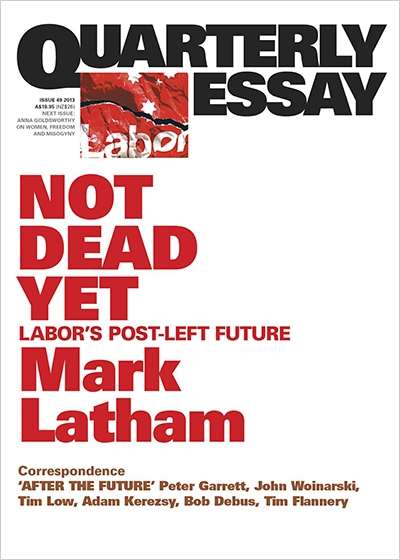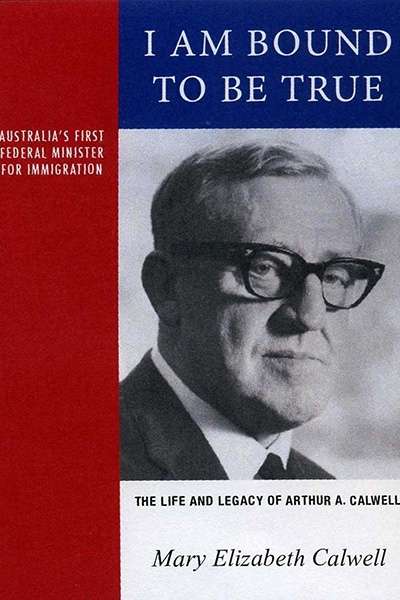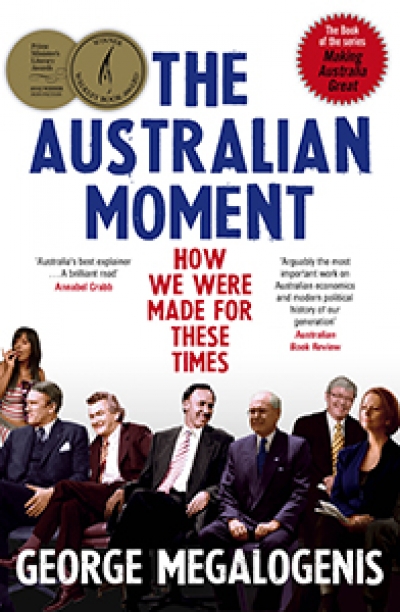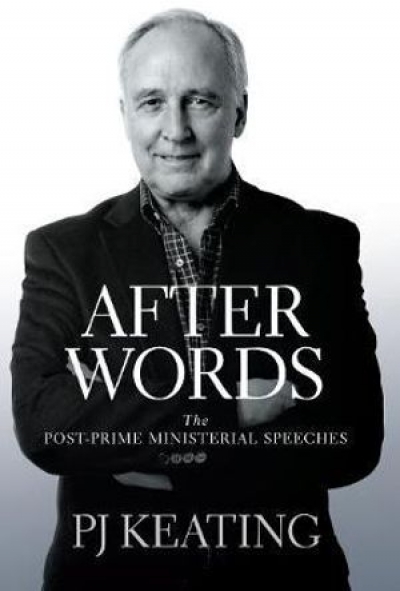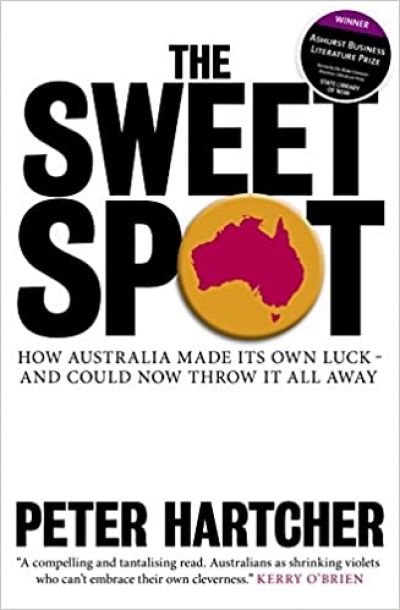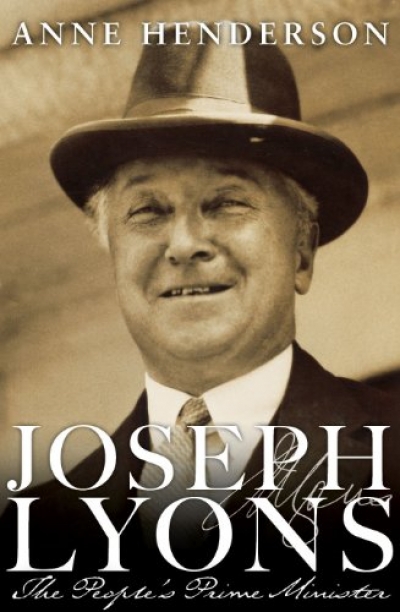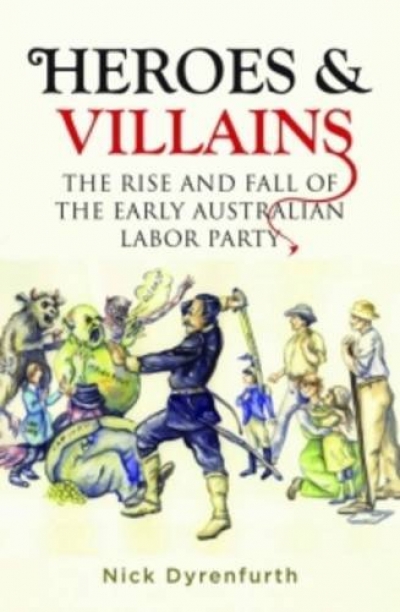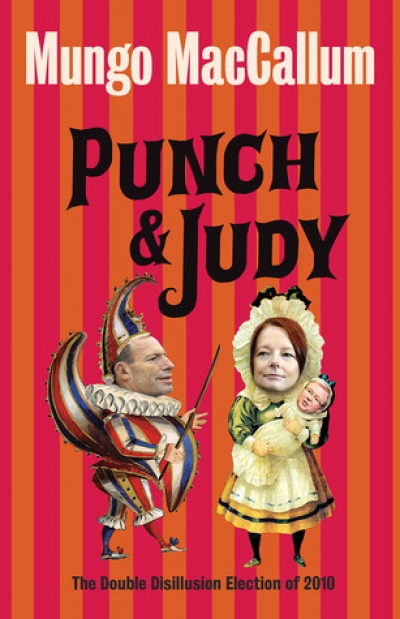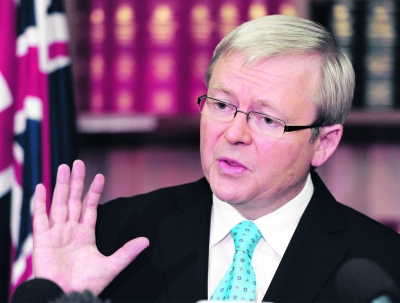Australian Politics
To estimate the amount of waffle in a cultural policy document, try this patented test: (i) identify a given sentence or section; (ii) highlight the key terms; (iii) swap the key terms around. If it still makes as much sense, it’s waffle. Another way of saying this is that there are always two people responsible for cultural policy. The first is reasonable, knowledgeable, historically aware. The second is a nutbag, droning on about specious targets and unprovable effects. The first writes things like ‘government’s role in supporting culture is most visible in the major cultural organisations it funds’ (Creative Australia, p. 32) and ‘there is a need to nurture the most gifted and talented while providing for those who want to take pleasure from arts and culture’ (CA, 69). The second writes baloney like ‘the benefits of our cultural and creative assets must be maximised. Innovation across all industry sectors is essential to driving productivity growth, maintaining high standards of living and growing competitiveness in the global economy’ (CA, 92). Why can’t we just have the first person? Why does someone who sounds as if he has swallowed a Treasury manual with the words in the wrong order thwart the sense of all government intervention in the cultural sector?
... (read more)Not Dead Yet: Labor’s Post-left Future (Quarterly Essay 49) by Mark Latham
Mark Latham rose to the leadership of the Labor Party unexpectedly, lost the 2004 federal election, retired to sulk from the sidelines, and has done so ever since. Whether he or Graham Richardson has done more damage to the party that nurtured them is a question I leave to the blogosphere. Before Latham became leader in 2003, he published considerably more about his vision for Labor than most parliamentarians have done, though none of his publications was as readable as his post-retirement diaries (2005), in which he displayed a lack of judgement and such scant goodwill to his colleagues that it leaves one astounded that they ever elected him leader. (When Latham ran against Kim Beazley for the leadership, two of the wiser members of caucus, Carmen Lawrence and Lindsay Tanner, counselled me against becoming too enthusiastic. They were clearly correct.)
... (read more)I Am Bound to be True: The Life and Legacy of Arthur A. Calwell, 1896–1973 by Mary Elizabeth Calwell
Arthur Augustus Calwell is hardly the most celebrated or mythologised politician in the history of the Australian Labor Party. His achievements as the first minister for immigration have been overshadowed by his very public advocacy of the White Australia policy ...
... (read more)The Australian Moment: How we were made for these times by George Megalogenis
In The Australian Moment: How We Were Made for These Times, George Megalogenis tries to explain how, in spite of ourselves, we managed to survive the last three ‘super crashes of the digital age’. He does so by actively avoiding the usual partisan morality tales, complete with intra-party rivalry ...
... (read more)After Words: The Post-Prime Ministerial Speeches by P.J. Keating
As of writing, Australia has six living ex-prime ministers – not quite a record. Of these, one, of course, is still in parliamentary harness, and may still aspire to the top job. Of the remaining five, all but one have provided us with voluminous accounts of their stewardship. The exception is our twenty-fourth prime minister, Paul Keating (1991–96). Not that he has not promised, or rather threatened, such an account, telling his great rival Bob Hawke, ‘if I get around to writing a book, and I might, I will be telling the truth; the whole truth ... [of] how lucky you were to have me to drive the government during your down years, leaving you with the credit for much of the success’. One can imagine how his publishers must salivate at the prospect.
... (read more)The Sweet Spot: How Australia Made Its Own Luck – And Could Now Throw It All Away by Peter Hartcher & The Fog On The Hill: How NSW Labor lost its way by Frank Sartor
On 7 November, Paul Keating appeared on ABC TV’s 7.30 to promote his new book of speeches, After Words. Keating’s response to Leigh Sales’s first question about political leadership was instructive:
... (read more)Joseph Lyons: The People’s Prime Minister by Anne Henderson
This book is long overdue. It is eighty years since affable Joseph Lyons, often depicted by cartoonists as a koala, was elected as Australia’s tenth prime minister. He would be re-elected twice before dying in office in April 1939. During his seven years as prime minister, Lyons had to grapple with the Depression ...
... (read more)Heroes & Villains by Nick Dyrenfurth & A Little History of the Australian Labor Party by Nick Dyrenfurth and Frank Bongiorno
The heroes and villains in Nick Dyrenfurth’s account of the early Labor Party are the cartoon figures in the labour press that he uses to explore its political rhetoric. The heroes are sturdy working men, sometimes in bush garb, sometimes industrial labourers. The villains take various forms: serpents, harpies, bloodsucking insects, menacing aliens, but above all the Fat Man, the swollen, grotesque embodiment of capitalist greed. Dyrenfurth observes that Mr Fat is a far more ubiquitous device in Australian radical iconography than its counterparts elsewhere. British cartoons used a variety of villains: aristocratic loafers, rapacious landlords, ruthless sweaters, mendacious press barons. Those in the United States were less likely to personify capitalism with a generic capitalist villain than to depict combines and trusts.
... (read more)Punch and Judy: The double disillusion election of 2010 by Mungo MacCallum
The 2010 federal election fell on my wife’s birthday: 21 August. Being political tragics, we didn’t stop for birthday cake. Instead, we handed out roughly 1600 how-to-vote cards for the Australian Labor Party in suburban Melbourne. Our local polling booth is the Vista Valley Kindergarten, in Bulleen. This kindergarten cum polling booth, which sits in more of a gully than a valley and offers no vistas, is located in the north-eastern corner of the electorate of Menzies, held by ultraconservative Liberal frontbencher Kevin Andrews. The battle for Vista Valley mirrored the national poll. In the Vista Valley count, the ALP’s primary vote collapsed, the Greens’ soared, more people voted informal than backed Family First, yet, thanks to the preferences of Greens voters, Labor fell across the line by four votes.
... (read more)The political assassination of Kevin Rudd will fascinate for a long time to come. As with Duncan’s murder in Shakespeare’s play it was done, as Lady Macbeth cautioned, under ‘the blanket of the dark’, literally the night of 23–24 June 2010. The assassins heeded Macbeth’s advice: ‘if it were done when ’tis done, then ’twere well it were done quickly.’ And as in Macbeth, the assassins were in the shadow of the throne. Even the old king approved: Bob Hawke, himself deposed in 1991, recognised at last that the removal of a Labor prime minister is sometimes necessary.
... (read more)

